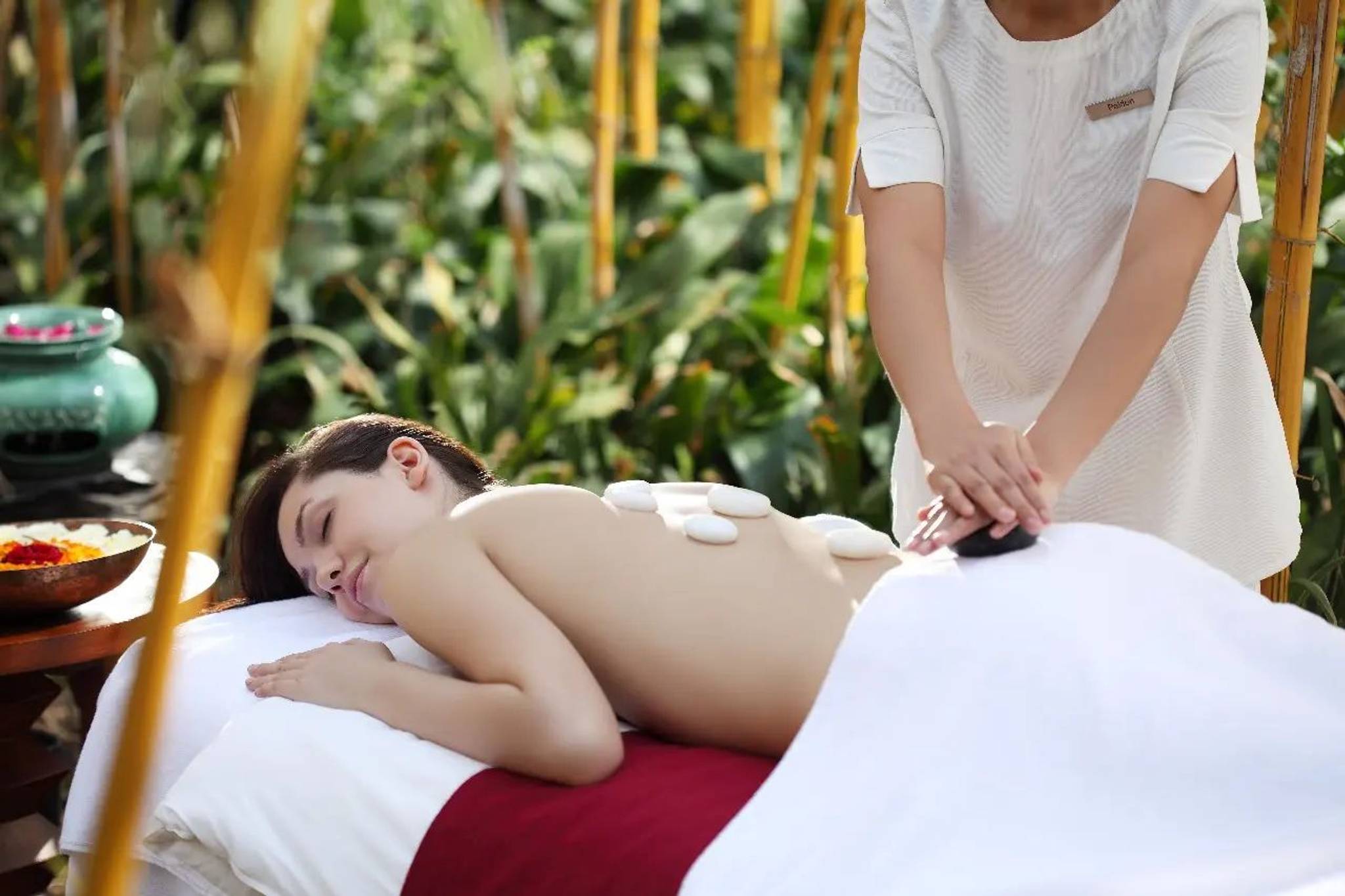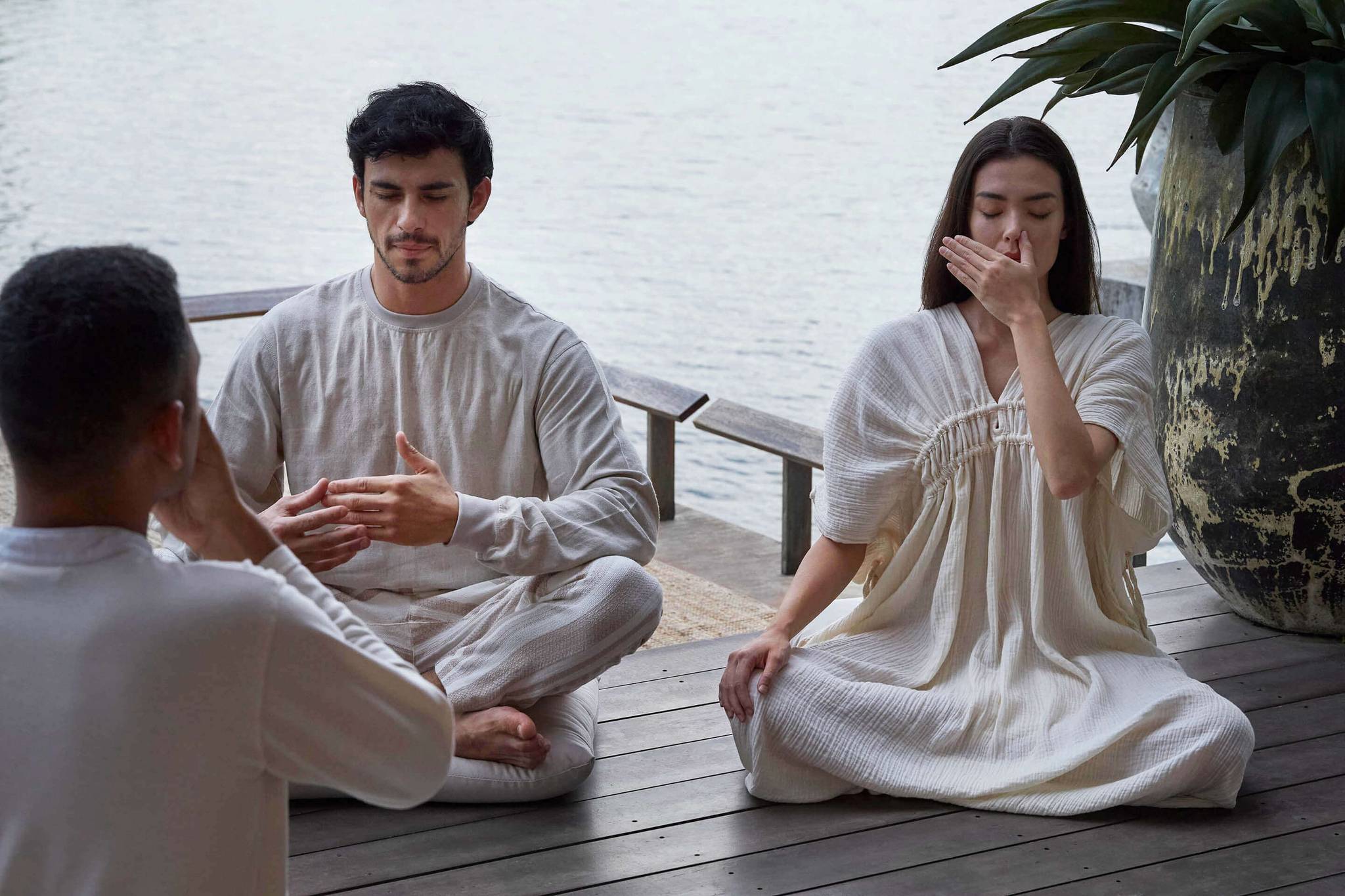
Revenge travel defined the post-COVID holiday landscape as people sought to reach the places lockdowns had prevented them from experiencing. Though with life largely returning to a sense of hectic normalcy, eager jetsetters are now turning to ‘slow travel’ as a rejuvenating adventure alternative.
If the ‘soft life’ trend seen and popularised on platforms such as TikTok appealed to you, then you’ll more than likely be a fan of ‘soft travel’ too.
The soft life shift took over in the pandemic heydays and was largely pioneered by Black women who were pushing back against the toxicity of hustle culture, opting for a slowed-down, sensual way of living.
Soft life largely centers on rejecting being switched on to work 24/7, and instead embraces self-care as a right and not a privilege.
It’s no surprise then that the appeal of soft living has become more widespread and is infiltrating a range of sectors previously untouched.
The pandemic highlighted what a slower life could look like, and a reentry into work, coupled with a string of anxiety-inducing crises, shows how much people appreciated being able to kick things down a notch or two.
In the US, 72% of people now want to define success in life by their happiness, contentment and fulfilment. And in Australia, 76% of Aussies have swapped being busy for balance.
Globally, consumers are trying to slow down – something that’s made its way over to how people want to holiday in 2024.
Many will remember revenge travel as the post-pandemic desire to get out and see parts of the world that had largely been made ‘off limits’ by lockdown restrictions.
And despite concerns about rising costs threatening to put downward pressure on travel demand, 2023 was still a strong year for the travel industry.
But more telling, perhaps, is the growth of one section of the travel industry in particular – wellness travel.
This corner of the industry may have taken a hit between 2019 and 2020, as most businesses in the travel and leisure arena did, but with wellness tourism seeing a 36% annual spending growth from 2020 to 2022, its an indicator of more leisurely holiday desires.
If revenge travel is marked by a desire to do lots, or see lots, and do so as a matter of urgency, soft travel is the opposite.
“Rather than rushing from attraction to attraction, soft travellers are savouring simple pleasures – strolling leisurely through charming neighbourhoods without an agenda, getting lost in local shops, or relaxing at cafes with a good book and coffee," says Adam Schwab, co-founder and CEO of Luxury Escapes.
In this light, soft travel represents the way people want to travel going forward. As the need for burnout-busting holidays meets a desire for culture-rich experiences, the gentle allure of soft travel becomes the preferred antidote for true relaxation and rejuvenation.



